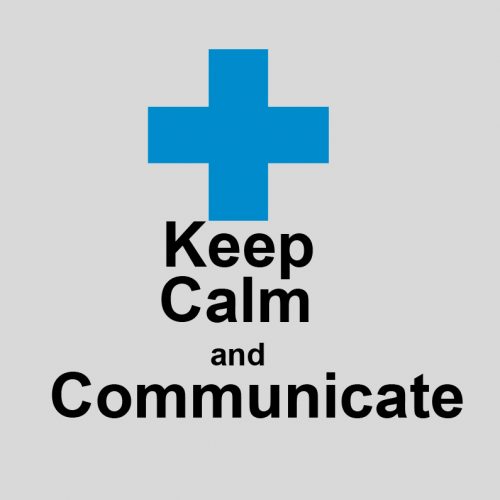By Kristle Saneewong
 SOCIAL MEDIA. Now that’s out of the way, we’ll bet the last thing that came to mind was healthcare. Healthcare sounds dry. It sounds like it belongs in a hospital—not on our Twitter or Instagram feeds, but healthcare is one of public relations’ biggest growth area covering sectors like vaccines, health care providers, medical technology, etc. Brands and companies in the medical field need marketing and public relations just as much as in another field. Social media is an inexpensive way to communicate with healthcare audiences. In fact, this week’s speaker, Jess Columbo, writes about how it important it is to build a community as well as a brand or product.
SOCIAL MEDIA. Now that’s out of the way, we’ll bet the last thing that came to mind was healthcare. Healthcare sounds dry. It sounds like it belongs in a hospital—not on our Twitter or Instagram feeds, but healthcare is one of public relations’ biggest growth area covering sectors like vaccines, health care providers, medical technology, etc. Brands and companies in the medical field need marketing and public relations just as much as in another field. Social media is an inexpensive way to communicate with healthcare audiences. In fact, this week’s speaker, Jess Columbo, writes about how it important it is to build a community as well as a brand or product.
As social media strategists, we are storytellers. We share stories on platforms that inspire our audience to listen or take action. At what point do our stories cross the ethical and appropriate line for medical practices? Jess writes about the increase in doctors’ use of iPhones to document different cases. There are privacy laws in play here, so you bet she and her staff are offering internal training services at MedEd Digital. We can utilize the power of social media for clinical trial recruitment, but there are limitations to that as well. The health care game is tough, but Jess suggests addressing all possible situations and creating a space of growth in order to get the most out of social media.
We have quite a few questions for Jess when she comes in to speak with us on Thursday, but specifically: what is her professional opinion on these Snapchat or Instagram famous doctors? You know who we’re talking about—those doctors that post pimple popping videos or the ones that document a plastic surgery. Does this dip into the unethical or inappropriate social media use? On one hand, this creates a space for education and curiosity. On the other, it might glorify the world of medicine and healthcare into impossible standards.
Besides the entertainment from healthcare professionals, social media use has shown positive impact on the industry. Here are some outstanding statistics we found:
- Sixty percent of doctors say that social media has improved the quality of patient care.
- More than 40 percent of consumers say that social media affects how they handle their health.
- Youtube traffic to hospitals has increased 119 percent year-over-year.
These statistics matter because a brand’s social media and digital presence is becoming increasingly important especially within the healthcare sphere. An authentic voice online can increase trust and visibility, making it a worthwhile investment.
So don’t brush off this growing industry just yet. See you on Thursday to talk with MedEd Digital’s Principal, Jess Columbo!